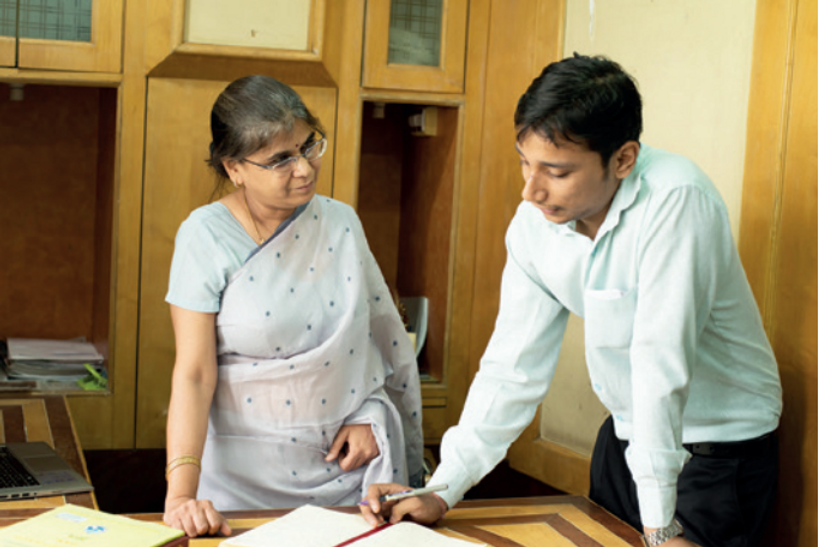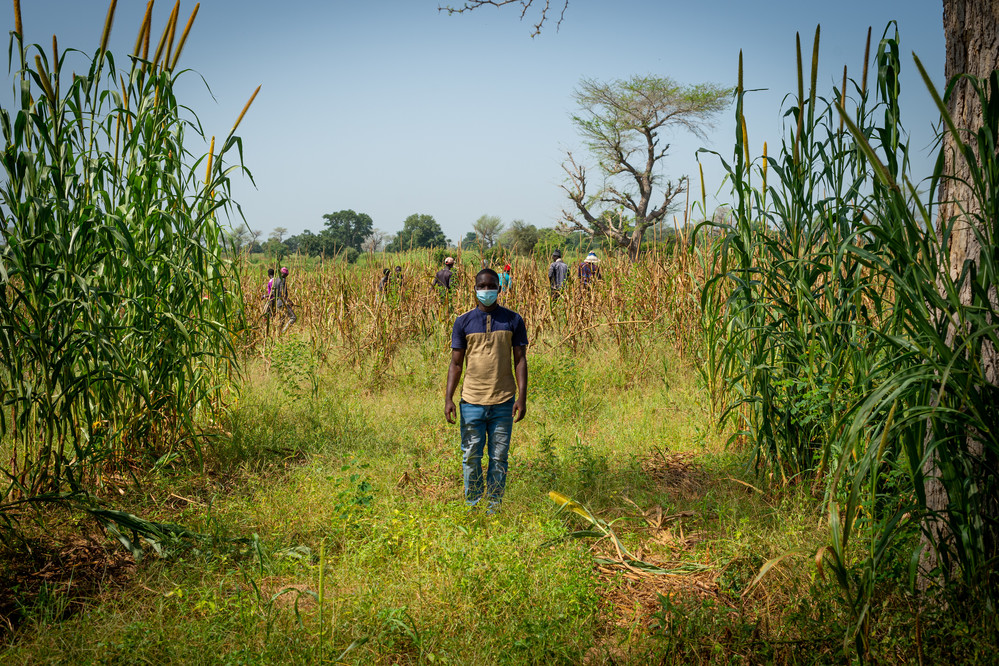
Photo: Iwan Bagus / IFC
Women-owned very small businesses (WVSEs) in India, with an estimated credit demand worth INR 836 billion ($11.4 billion), need the strong support of financial institutions (FIs), as per the latest report from the International Finance Corporation (IFC), ‘Opportunities and Challenges of Women-Owned Very Small Enterprises in India’, enabled by Intellecap. This support will facilitate their growth and drive socio-economic inclusion by eliminating existing challenges.
Launched on the occasion of International Women’s Day, the report says WVSEs face numerous challenges, including inadequate access to capital, technology and information, and infrastructure gaps. There are about 15 million women-owned MSMEs in India, and contrary to popular perception, over 70 percent of them are manufacturing enterprises, many of them home-based.
In addition to challenges mentioned, the segment of women entrepreneurs who often overcome biases from within the family and the business community, witness fractional treatment when it comes to lending. The report says FIs have traditionally catered to men-owned enterprises. The approach then limits the understanding of the operating contexts of women-owned businesses and their socio-cultural constraints. Given that most women entrepreneurs are self-financed, the lockdowns imposed during the COVID-19 pandemic have impacted their business and reduced their income.
“The COVID-19 pandemic exacerbated existing inequalities faced by India’s women entrepreneurs. This report explores how to unlock a $11.4 billion financing gap for WVSEs and charts a roadmap for financial institutions to better serve this segment in a post-COVID world,” said Wendy Werner, India Country Head at IFC. “IFC and its partners remain committed to creating an enabling entrepreneurial ecosystem so women-owned businesses can reach their full potential and contribute to India’s economic growth story,” she added.
This report identifies sectors that WVSEs operate in and highlights the characteristics of these enterprises. It also provides a granular perspective of WVSE business operations in each of the sectors including the nature of businesses they engage with and the intermediaries who provide support to them. On this basis, the report suggests ways for FIs to design new products and new processes to address the needs of WVSEs.
Amar Gokhale, Associate Vice President, Livelihoods & Gender at Intellecap said, “The underlying objective of this report, especially on International Women’s Day, is to showcase that this segment of WVSEs can be not just a potential business opportunity for FIs, but that serving it can also create a positive impact on the social and economic status of women entrepreneurs.”
This article was originally published by IFC.

